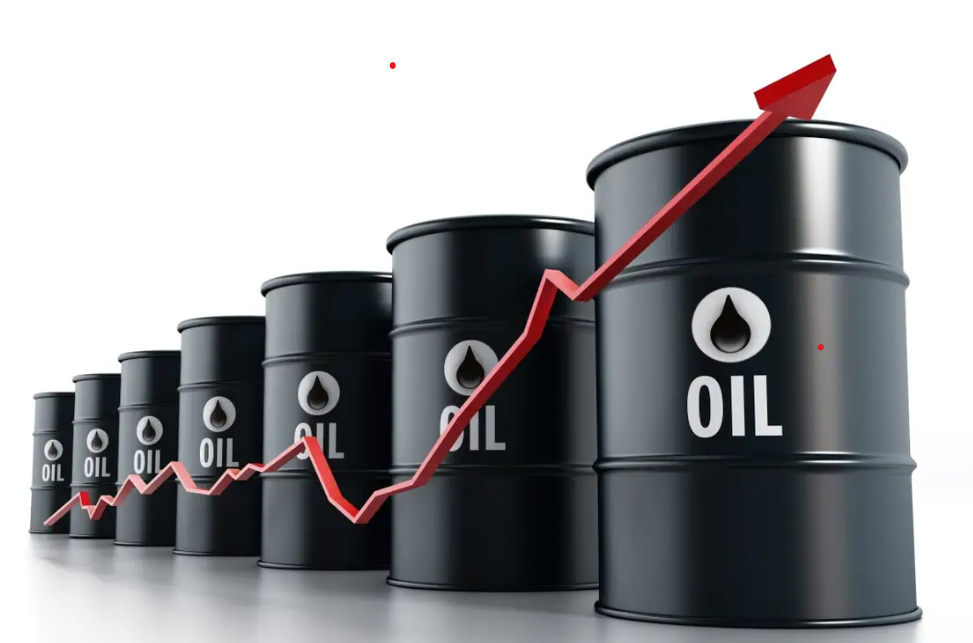The recent escalation of conflict in the Middle East has sent shockwaves through global markets, particularly impacting oil prices and investor sentiment. As tensions continue to mount in the region, the uncertainty surrounding supply disruptions and geopolitical instability has led to a surge in oil prices and increased volatility in financial markets worldwide. In this article, we’ll explore the implications of the war in the Middle East on oil prices and global markets, as well as the potential ramifications for various stakeholders.
The Impact on Oil Prices
The war in the Middle East has had a significant impact on oil prices, with crude oil prices soaring to multi-year highs in response to heightened geopolitical tensions and concerns over supply disruptions. The Middle East is a major hub for oil production, and any disruptions to supply from the region can have far-reaching effects on global oil markets. The uncertainty surrounding the conflict has led to increased speculation and trading activity, further exacerbating price volatility.
Factors Driving the Surge
Several factors have contributed to the surge in oil prices following the escalation of conflict in the Middle East. These include:
- Supply Disruptions: The prospect of supply disruptions from major oil-producing countries in the region, such as Saudi Arabia, Iraq, and Iran, has fueled concerns about a potential shortfall in global oil supply.
- Geopolitical Instability: The escalation of conflict in the Middle East has heightened geopolitical tensions and increased uncertainty about the region’s stability, leading to risk premium being built into oil prices.
- Market Speculation: Speculative trading activity in oil futures markets has intensified amid uncertainty about the duration and intensity of the conflict, amplifying price movements and exacerbating volatility.
The Ripple Effect on Global Markets
The surge in oil prices driven by the war in the Middle East has had a ripple effect on global markets, affecting various asset classes and investor sentiment. The interconnected nature of the global economy means that disruptions in one market can quickly spill over into others, amplifying the impact of geopolitical events on financial markets worldwide.
Impact on Equities
Equity markets have been particularly sensitive to developments in the Middle East, with stock prices experiencing heightened volatility amid uncertainty about the economic ramifications of the conflict. Companies in sectors heavily reliant on oil, such as transportation, manufacturing, and energy, have been particularly affected by rising oil prices, leading to concerns about profit margins and earnings growth.
Currency Markets
Currency markets have also been impacted by the surge in oil prices, with currencies of oil-importing countries experiencing depreciation against the US dollar. The rise in oil prices has widened current account deficits and increased inflationary pressures in countries heavily reliant on oil imports, leading to concerns about currency stability and central bank intervention.
Commodities and Inflation
Commodity prices, particularly those of essential goods like food and fuel, have risen in response to higher oil prices, putting pressure on consumer prices and inflation rates globally. Rising inflationary pressures have implications for monetary policy, with central banks potentially adopting tighter monetary measures to curb inflation and stabilize prices.
The Response of Stakeholders
Stakeholders across various sectors are closely monitoring developments in the Middle East and adjusting their strategies in response to the evolving geopolitical landscape and market dynamics.
Oil Producers
Oil-producing countries in the Middle East are reassessing their production and export strategies in light of the conflict, seeking to ensure the security of their oil infrastructure and maintain market share amid supply disruptions and price volatility.
Multinational Corporations
Multinational corporations with operations in the Middle East are implementing contingency plans to mitigate risks associated with the conflict, such as supply chain disruptions, operational disruptions, and geopolitical instability.
Investors and Traders
Investors and traders are actively managing their portfolios to navigate volatile market conditions and capitalize on opportunities arising from price fluctuations in oil and other asset classes.
Conclusion
The war in the Middle East has sparked a surge in oil prices and rattled global markets, impacting various stakeholders across the financial and economic landscape. As tensions persist and geopolitical risks remain elevated, the outlook for oil prices and global markets remains uncertain. However, proactive risk management and strategic planning can help stakeholders navigate the challenges and capitalize on opportunities in this dynamic environment.
FAQs (Frequently Asked Questions)
1. How long is the war in the Middle East expected to last? The duration of the war in the Middle East is uncertain and depends on various factors, including geopolitical developments, diplomatic efforts, and military strategies. Stakeholders are closely monitoring the situation and adjusting their plans accordingly.
2. What can investors do to protect their portfolios from the impact of rising oil prices? Investors can diversify their portfolios across asset classes, hedge against volatility using derivatives, and consider allocating capital to defensive sectors less exposed to fluctuations in oil prices, such as healthcare, utilities, and consumer staples.
3. How are central banks responding to the inflationary pressures resulting from higher oil prices? Central banks may adopt tighter monetary policy measures, such as raising interest rates or reducing monetary stimulus, to curb inflation and stabilize prices. However, the timing and magnitude of such actions depend on the central bank’s assessment of economic conditions and inflationary risks.



